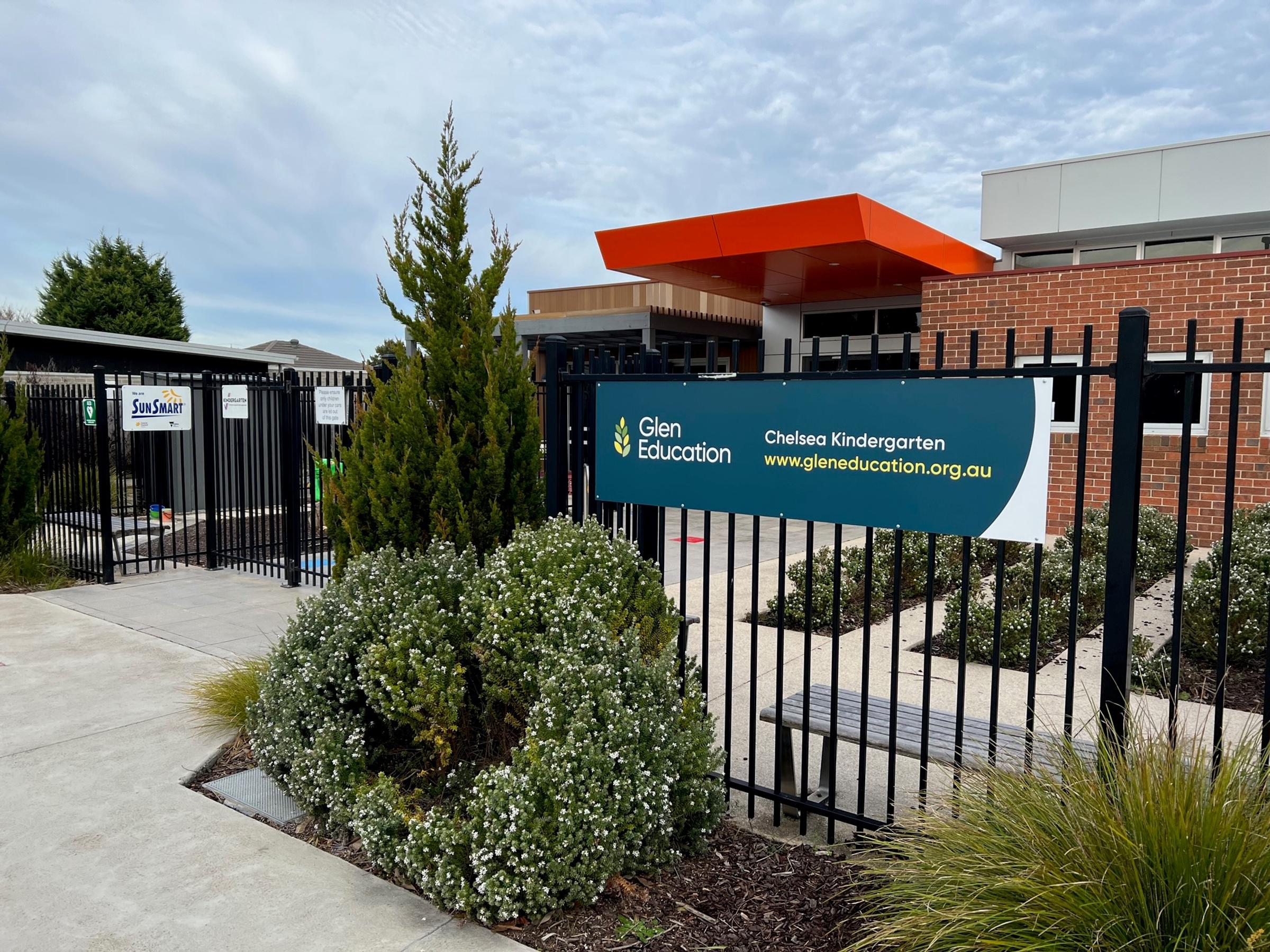Glen Education Chelsea

Creating Cultural Safety
Jess House , Early Childhood Educator
July 1st 2022 marks the date new child safe standards will come into effect in Victoria. The original 7 standards are now replaced with 11 standards. The 4 new standards are:
- Involve families and communities in organisations to keep children and young people safe.
- Greater focus on safety for Aboriginal families and young people.
- Manage risks of child abuse in an online environment.
- Greater clarity on the governance, systems and processes which keep young people safe.
These changes have been made so there is greater National consistency, which reflects the National Principals for child safe organisations. This has been developed following the Royal Commission institutional responses to child sexual abuse.
This article will reflect on:
Organisations establish a culturally safe environment in which diverse and unique identities and experiences of Aboriginal children and young people are respected and valued.
-Standard One
We implement this standard consistently in our four groups at Glen Chelsea Kindergarten. During sessions we involve the children with an “Acknowledgement of Country” to pay respect to the traditional landowners. We regularly discuss the traditional owners of the land with children, the suburb of Chelsea is part of City of Kingston where the Boon Wurrung people resided. We discuss how the Boon Wurrung people are one of the five nations that form the Kulin Nation.
Yarn Strong Sista, a National Indigenous educational consultancy and training provider, helped staff expand their knowledge of obtaining and making paint from ochre which was extended on in teaching practises and planning. Rock painting is a favourite activity, children often mix up water, soil, ochre or clay to create different colours. Australian animal pictures are cut out and glued on, and we provide images of Aboriginal symbols for children to copy patterns onto their rocks.
Other ways our programs reflect Indigenous perspectives are through music and movement, favourite songs implemented in our programs include “Koori Dreamtime” and “Highway Number One”. Resources are set up in both rooms which show the Australian, Aboriginal and Torres Strait Islander flags.
During the year special events like NAIDOC week, Harmony week and Reconciliation week invite teachers and educators to provide a range of experiences which focus on Indigenous perspectives. Regular observations and photos are taken so we can showcase the child’s voice and share with families.
The Resilience Project has connected children, family, and our kindergartens together each week, exploration of the GEM (Gratitude, Empathy and Mindfulness) concepts has helped to strengthen children’s understandings of their own emotions and others. Sensory experiences in which we use clay and outdoor materials to make our faces celebrate different eye, skin, hair colour – highlight children’s equality through holistic experiences and help us to understand the similarities and differences between people. Cultural flags and dolls are set up to provide opportunities for children to see different traditional dress and the different types of people that make our communities.
The Blue Group uses both verbal and non-verbal communication skills by using sign language and language. Staff partake in Professional Development courses such as Key Word Sign to offer inclusivity to all children.
Our favourite books are “The Big Book of Festivals” by Joan Maree Hargreaves, “Respect” by Aunty Fay Mur and “Whoever you are” by Mem Fox. These stories help us to share the different ways people around the world share in celebrations, create families and communities and respect each other.
By engaging and interacting with children and families of all cultures we are able to continually and authentically connect. This is the best part of our job!
